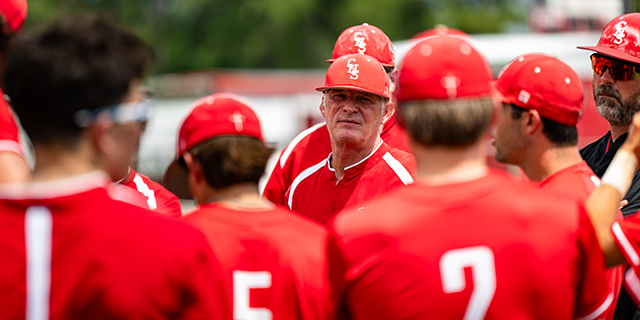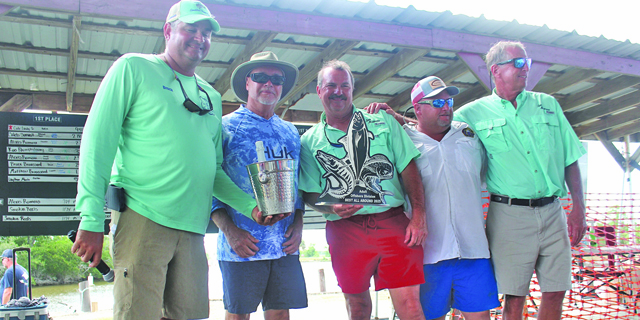OUT IN LEFT FIELD: Gambling no longer an impediment to pro sports
Published 12:30 am Thursday, July 26, 2018
Ever since professional sports began, betting has been a no-no when it comes to the players in the four biggest American sports — football, basketball, baseball and hockey.
Trending
It’s such a no-no that if you walk into a pro locker room in any sport, there will be a big sign as you walk in warning players about gambling.
The list of sports gambling scandals is long … the 1919 Black Sox World Series; 1950 basketball point shaving from City College of New York; Pete Rose and baseball; Paul Hornung and Alex Karras in NFL football; the 1985 Tulane point shaving with John “Hot Rod” Williams; Rick Tocchet with the NHL (a scandal that included Wayne Gretzky’s wife Janet) and former NBA referee Tim Donaghy, to name a few.
That’s why for the longest time, Las Vegas was off-limits to playing host to a professional sports franchise because of the potential association with gambling.
Let’s face it, once the perception of gambling takes hold, then the games lose all legitimacy because regardless of what happens, the public is going to fear that the fix is in and certain teams are always going to get the calls because the gamblers are going to make their money.
With the rise of daily fantasy games (FanDuel/DraftKings) and the lure of easy money, Las Vegas, and its related gambling, has become not so much of an anathema.
The NHL got the ball rolling with the Vegas Golden Knights hockey team this past season. The NFL allowed the Raiders to move and start play in Las Vegas in 2020. And the NBA just recently held its summer basketball league in Vegas. Can it really be that long before an NBA franchise moves to the desert or an expansion franchise is located there?
Trending
The obvious reason all of this is happening is money.
The leagues figure that they can make a lot of it with a team in Las Vegas and access to betting.
But before we all start heading to the bookie to place a bet, let’s look back at history as to what can happen if betting is not tightly regulated.
In 1975 the British bookmaker Ladbrokes offered betting odds on head-to-head tennis matches for the first time.
The rules at the time stated that the players could bet on the matches as long as they weren’t participating in the matches.
In a Wimbledon tune-up tournament, the tennis players themselves decided to get in on the action. Since they couldn’t bet on their matches, they bet on other matches involving players because they had the all the inside information.
The result was the players made so much money that Ladbrokes had to send an armored car to the bank because they ran out of cash.
It was such a disaster that the week before Wimbledon began, a rule was passed that players couldn’t enter the betting tents and place bets.
Some still did, through an intermediary, and made some money but eventually wiser heads prevailed and the gambling came to an end for a while.
But even today, the whiff of scandal affects tennis as just last year, there was a big uproar about match-fixing at lower level tournament and even the Australian Open.
I know, I know, it’s tennis and not football but the point remains that individual players can use inside information to place bets or sell that information to other placing bets to make money.
That’s going to be the biggest problem when it comes to professional sports in Las Vegas, the lure of making easy money by trading inside information.
Whether you are pro gambling or anti gambling, the result is still the same.
As said earlier, once the public perceives that the games are fixed, the professional sports are doomed.
NEAL MCCLELLAND is the assistant sports editor of The Daily Iberian.





